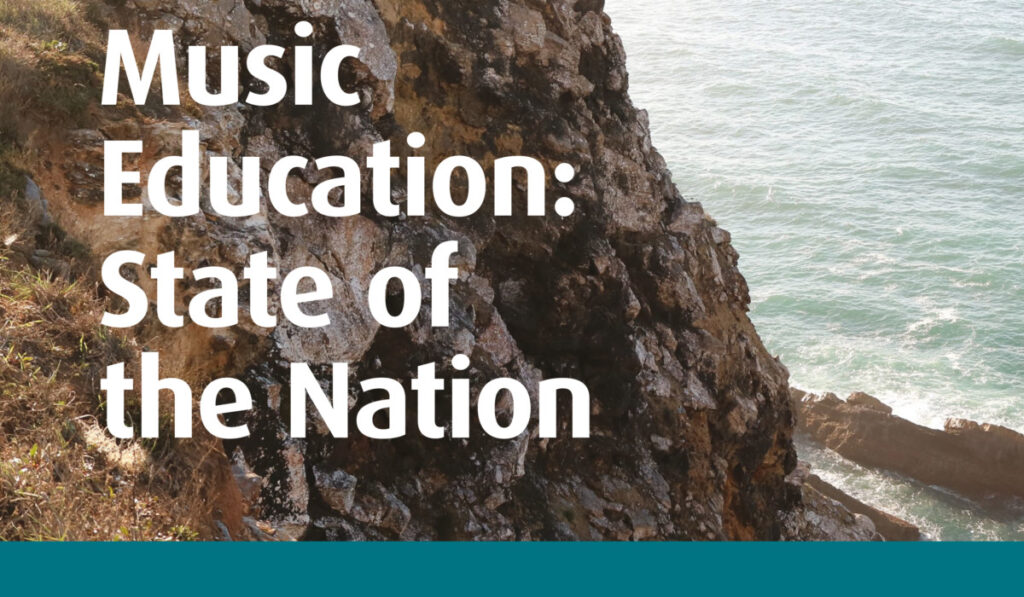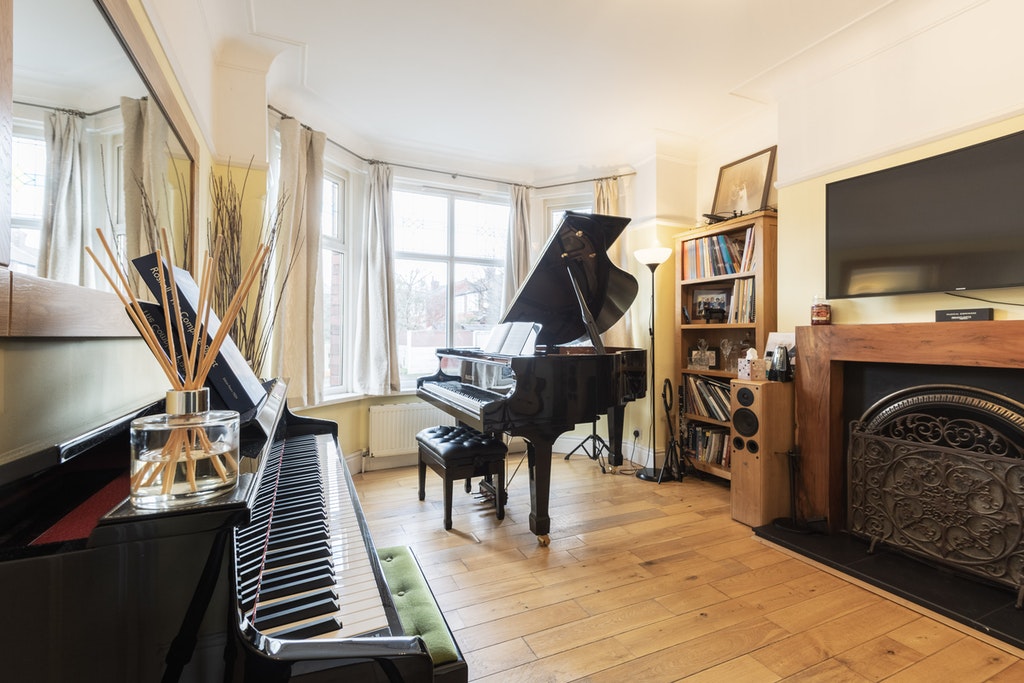From Purcell and Byrd to The Beatles and Bowie, all the way up to Adele and Coldplay, we have music intertwined in our history. So much so that we are the second biggest exporter of music in the world. This booming industry (pre-pandemic) contributed a staggering £5.8bn to our economy and supported over 200,000 jobs.
But aside from the economical aspect, music, and therefore its education in our country, should not be underestimated. Having taken in a number of sources, namely a BBC podcast around the topic, this has become abundantly clear. It’s often easy to disregard performers of all levels, with many claiming it can’t be a real job. This couldn’t be further from the truth – whether its your local pub musician or the virtuosic players in the London Symphony Orchestra (LSO); music has a part to play in all our lives.
When you watch Lord of the Rings, Star Wars or the Harry Potter series, the music that encapsulates the emotions in any given scene so well is performed by the LSO. This can’t have started from nowhere. Each individual player will have needed to have passion and a drive to play music as well as undergoing years of intense musical education to get to where they are. An education which, in recent years, looks to be faltering.
For those that live in Trafford, we are extremely fortunate to have a music service that not many local authorities have anymore. To put this into context, every local authority in the country will have had one 30 years ago. The same can be said of state schools; in one North Manchester authority, only two of its ten schools offer music as a GCSE option. In some parts of Merseyside, home to arguably our biggest musical export, there isn’t a single institution that offers A-Level music.
In 2010, when the Conservative party formed their government, then Education Secretary Michael Gove announced the English Baccalaureate, a program which focused and honed students’ skills in Maths, English, Science, Languages and Humanities. It seems that the arts, and therefore music, was left by the wayside.
Just last year, it was announced that the arts will be subject to 50% cuts by the Conservative government, with the money being injected into STEM subjects (Science, Technology, Engineering and Maths). This suggests that music education is an afterthought, and this has huge implications. This follows recent news that the BBC is to disband the beloved BBC Singers as part of it’s new strategy for Classical Music – the only full-time professional choir in the UK.
When a school places music at the centre of its teaching, the effects can be astounding; the academic results generally flourish and the students are generally happier. Teaching music in schools has been proven to improve a child’s ability at Maths and English as well as providing them with important emotional and social aspects of their upbringing, band rehearsals and orchestra practices playing a vital role in securing a child’s emotional intelligence.
Some 166,000 people have signed a petition to oppose this move by the government, but will it be enough to save the death of the arts that looks to be, for the moment at least, a certainty? “




